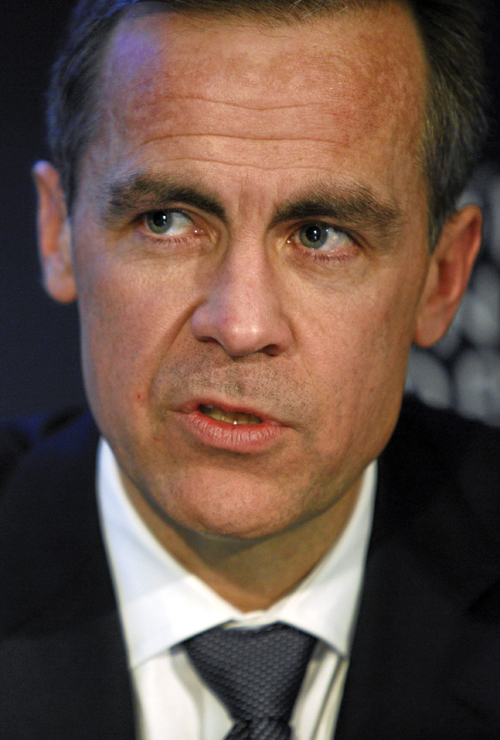Investing
New Bank boss ‘will risk higher inflation to boost growth’

Incoming Bank of England (BoE) governor Mark Carney intends to place economic growth at the top of his priority list when he takes on his new role.
In a speech made to the World Economic Forum in Davos, Carney (pictured) said he is willing to see higher inflation for longer in order to boost the economy, the Telegraph reports.
Carney, who was revealed as surprise choice for the top job at the Bank in November, said although price stability is key, he will tolerate inflation being above target while the economy remains weak.
Inflation is currently running at 2.7% against the Bank of England’s 2% target. Some economists have argued the Bank’s loose monetary policy is contributing to inflationary pressures and have called for an increase in interest rates from the current historic low of 0.5%.
Others argue that, while the economy is flat-lining and state spending is being curtailed, a fiscal consolidation, interest rates should remain low.
“If you are coming from above [the inflation target] and you have a fiscal consolidation you might take a little longer to get back given the issues with output,” Carney told the World Economic Forum.
“Once the goal is set, the central bank needs to make that determination and there needs to be an understanding of the goals set and of the tolerances that the central bank can operate in.”
Using the US as an example, Carney said economies need to be allowed to reach an “escape velocity” in which they were out of danger of slipping back into recession, the Telegraph reports.
That would suggest keeping interest rates lower for longer while considering further quantitative easing, indirect provision of monetary stimulus via the financial system.
There was speculation the new Governor may look to scrap the inflation target after a speech he made last month, but Carney told Davos any change in the remit of central banks would be up to governments and not the governors themselves.